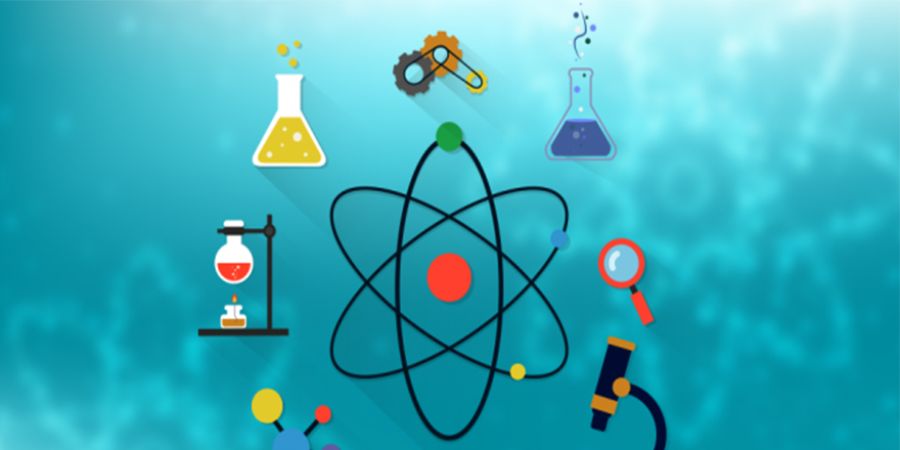

Chemistry plays an essential role in our daily lives, influencing numerous aspects of our routines, from the food we eat to the products we use. Let's explore how chemistry is intertwined with our everyday experiences.
Starting with the morning routine, personal care products such as toothpaste, soap, and shampoo rely heavily on chemistry. These products contain various chemical compounds that help clean, protect, and nourish our bodies. For instance, toothpaste contains fluoride, which helps prevent tooth decay, while shampoos often contain surfactants that cleanse the hair by reducing the surface tension of water, allowing it to penetrate and remove dirt and oils.
Moving on to the kitchen, cooking is essentially a series of chemical reactions. From boiling water to baking bread, chemistry is at play. Heat-induced reactions transform raw ingredients into delicious meals. For example, the Maillard reaction, which occurs when proteins and sugars are heated, gives browned and savory flavors to grilled meat and toasted bread.
The preservation of food is also heavily reliant on chemistry. Refrigeration slows down the growth of microorganisms, preventing spoilage. Food additives, such as preservatives and antioxidants, are carefully formulated to inhibit bacterial growth, prevent oxidation, and extend the shelf life of products. Moreover, fermentation, a chemical process, is used to produce foods like yogurt, cheese, and pickles.
Moving beyond the kitchen, chemistry is involved in various cleaning processes. Detergents and soaps contain surfactants that help dissolve and remove dirt and grease. These compounds have hydrophobic and hydrophilic regions that attract and suspend dirt particles in water, facilitating their removal during washing.
Chemistry is also crucial in the field of medicine. Pharmaceutical drugs are developed through extensive chemical research and testing. Chemists design and synthesize compounds that target specific diseases or symptoms. Furthermore, medical diagnostics rely on chemical reactions to detect markers of diseases or conditions in blood, urine, or other bodily fluids.
Even the technology we use daily incorporates chemistry. Batteries power our smartphones and laptops and rely on chemical reactions to store and release energy. Display screens, such as those found in televisions and smartphones, use organic compounds to emit light or manipulate pixel colors.
In conclusion, chemistry is an integral part of our daily lives, influencing numerous routines. From personal care products to cooking, food preservation, cleaning, medicine, and technology, chemistry plays a fundamental role. Understanding the chemical principles behind these everyday phenomena not only enriches our knowledge but also helps us appreciate the significance of chemistry in shaping the world around us.


